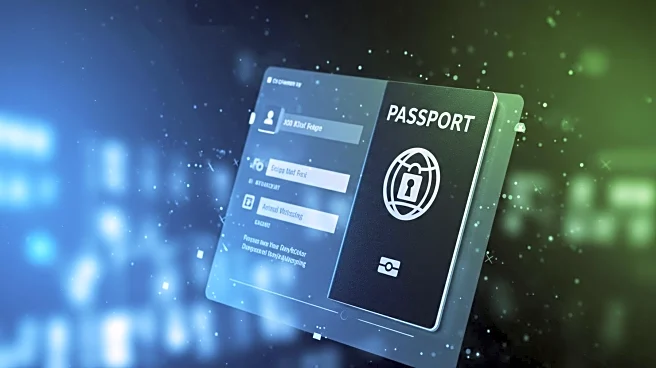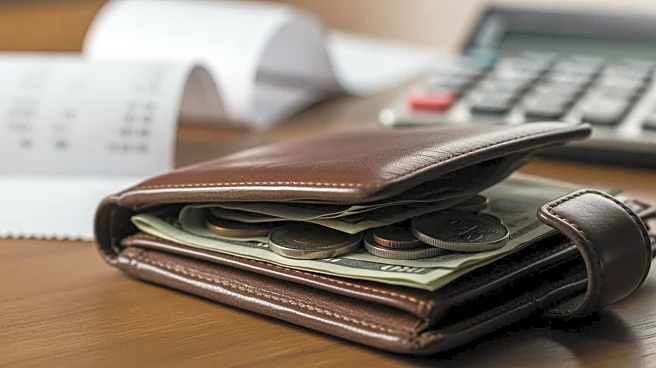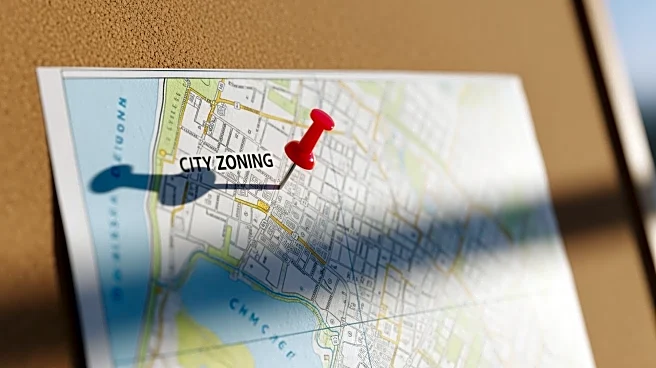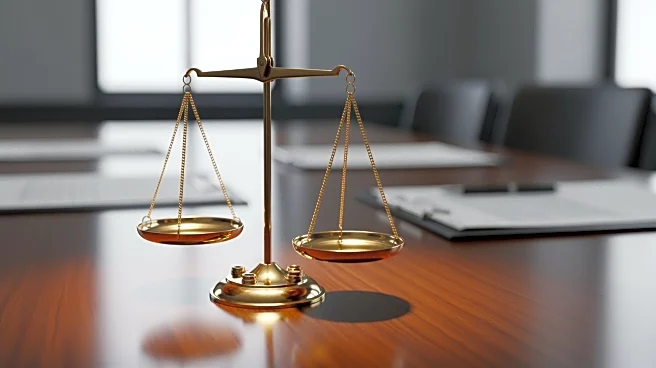What is the story about?
What's Happening?
Login.gov, a digital identity proofing tool used by over 50 federal and state agencies, is set to incorporate U.S. passports as a method for online identity verification. This initiative, announced by the General Services Administration, aims to streamline the process for users who may not possess a driver's license or state ID. The service will directly verify passport details with the State Department, bypassing third-party providers like credit bureaus. This move is part of a broader effort to enhance the accuracy and accessibility of identity verification, addressing issues such as fraud and equity in digital identity systems.
Why It's Important?
The integration of passports into Login.gov's identity verification process is significant for several reasons. It expands the options available to users, potentially increasing accessibility for those without traditional forms of identification. This change also reflects a shift towards using government records for verification, which could improve accuracy and reduce reliance on less reliable third-party data. Additionally, the move is part of a larger strategy to combat fraud, a major concern given the estimated $521 billion lost annually due to fraudulent activities. By enhancing identity verification, the government aims to protect sensitive information and improve service delivery.
What's Next?
The rollout of passport verification will occur in phases, starting with passport books and eventually including passport cards. Login.gov is also exploring the addition of mobile driver's licenses as a verification option, which would further digitize the process and potentially reduce fraud. As these changes are implemented, stakeholders such as government agencies and users will need to adapt to new verification methods. The success of these initiatives could lead to broader adoption of digital identity solutions across various sectors.














